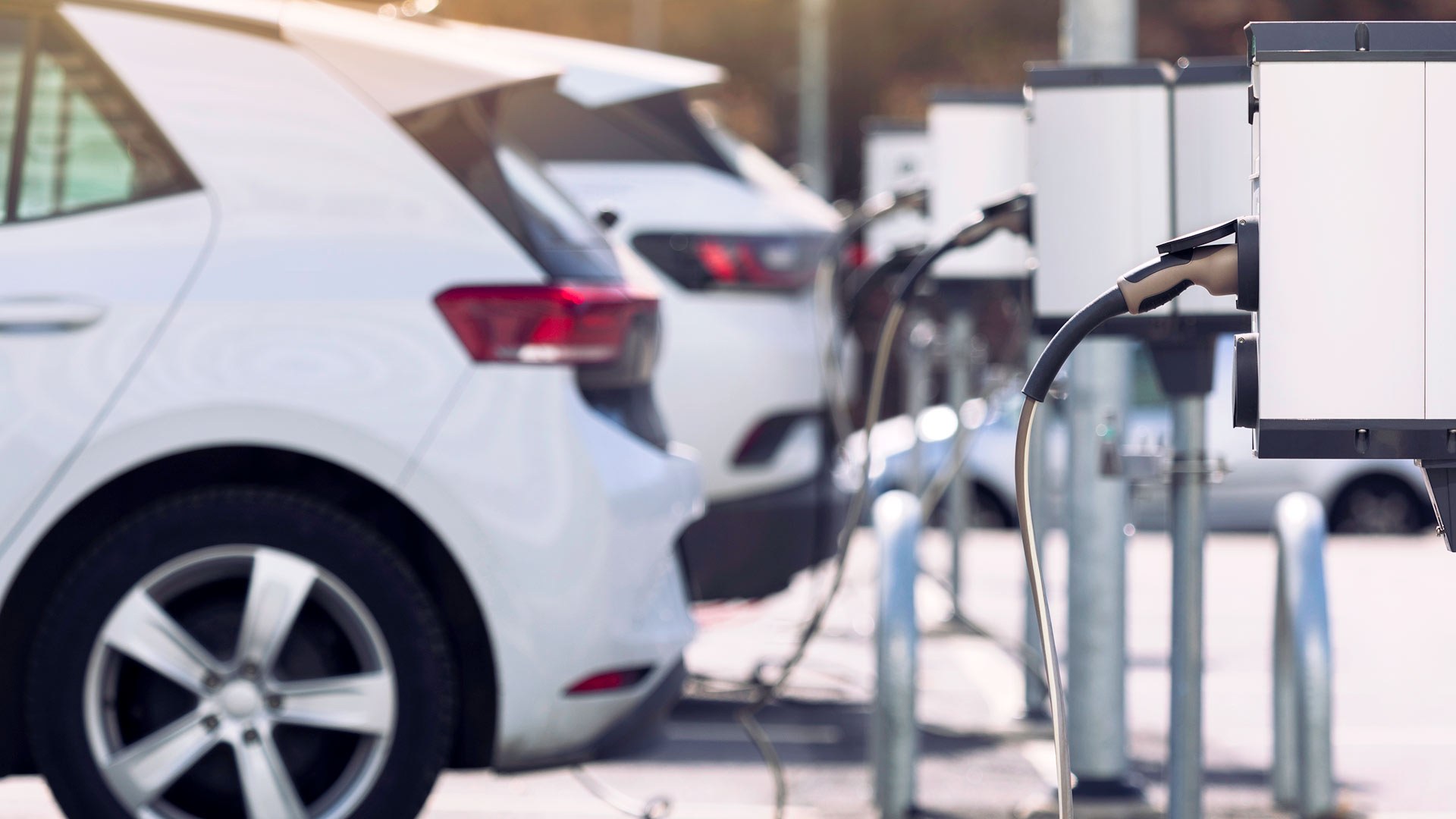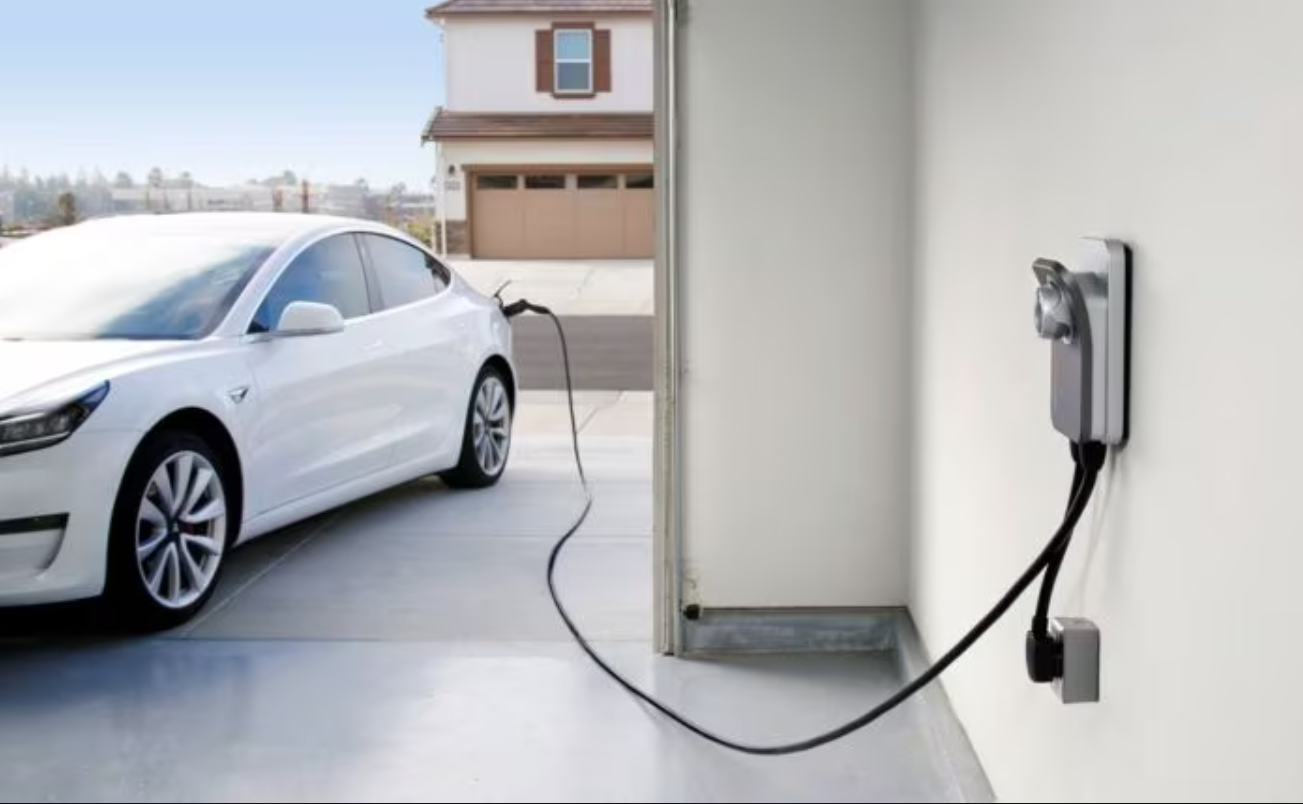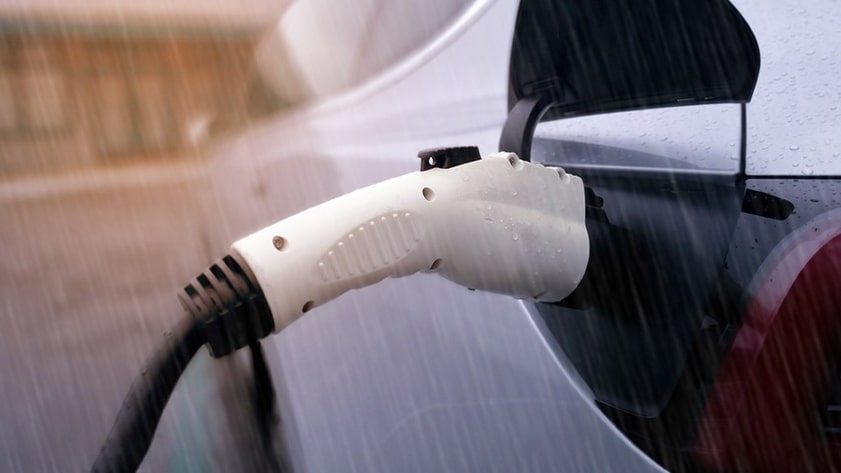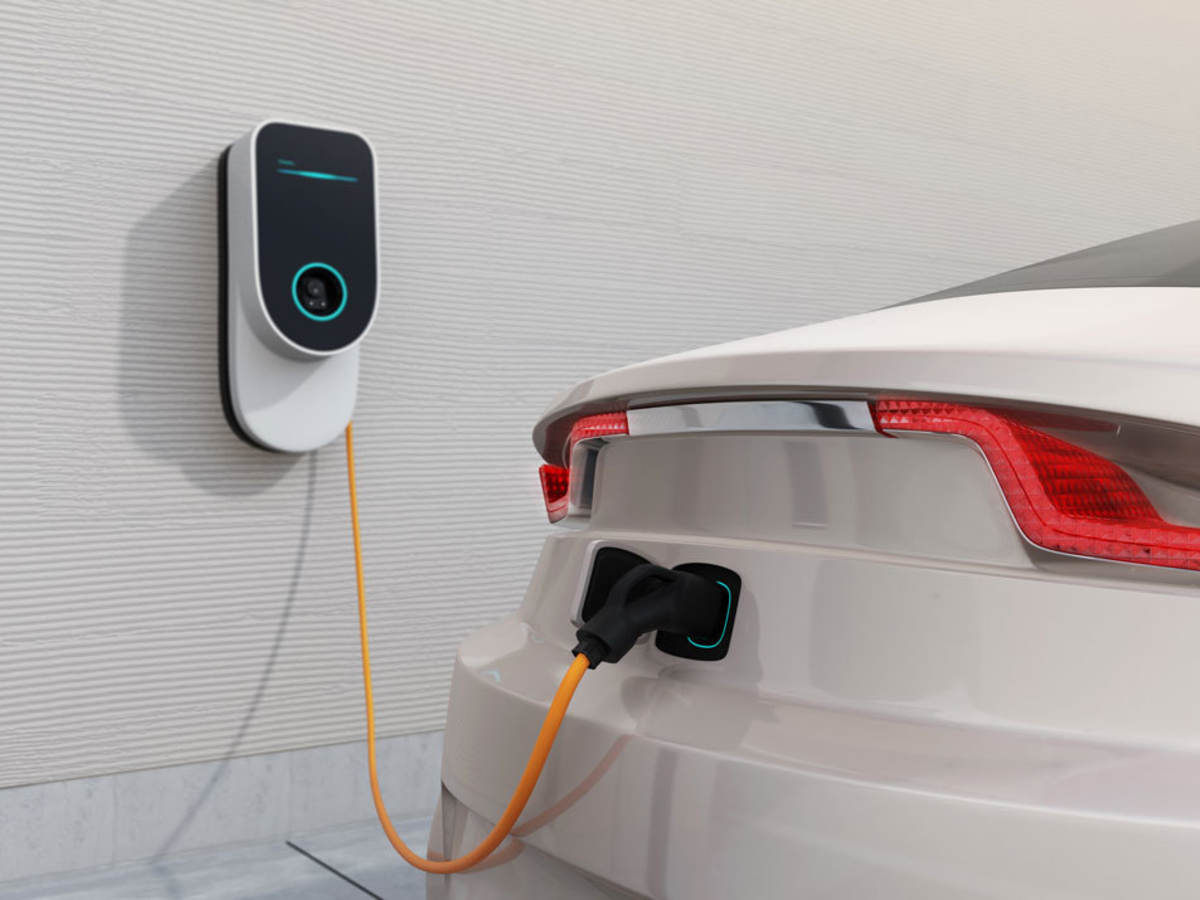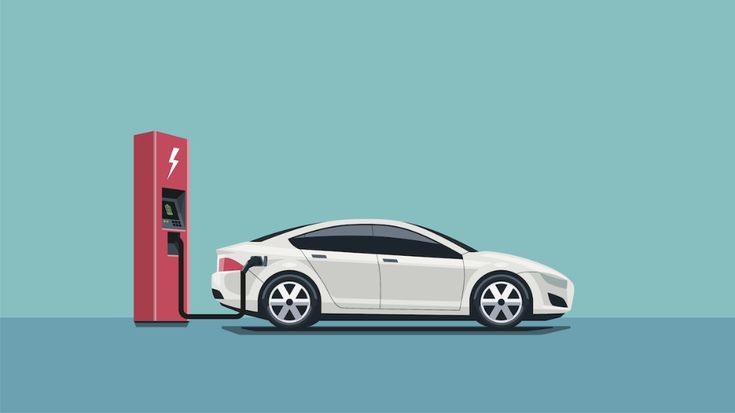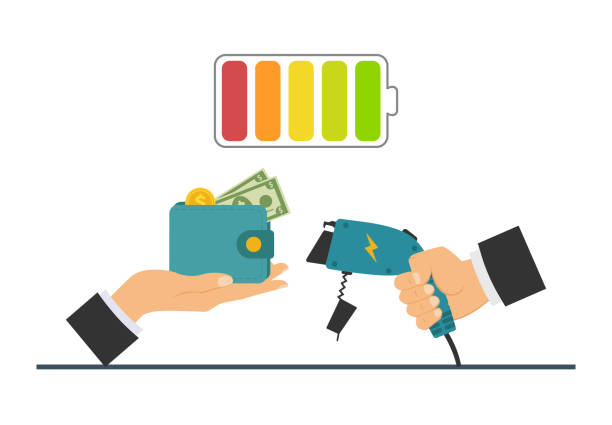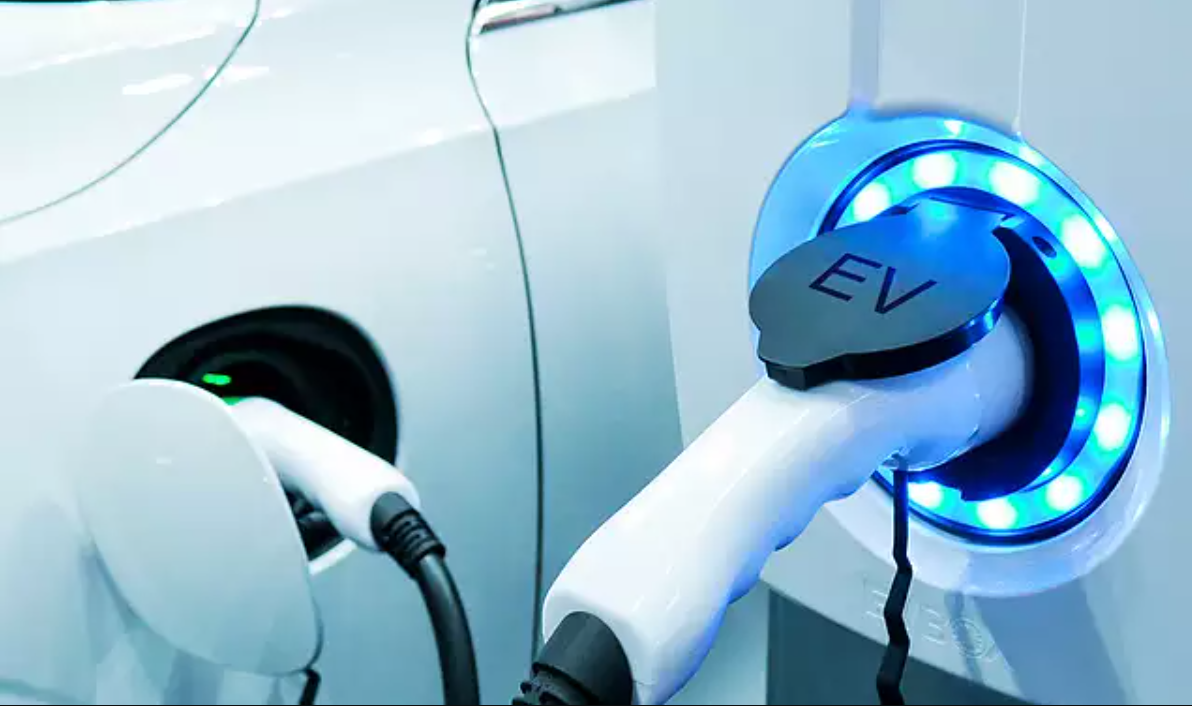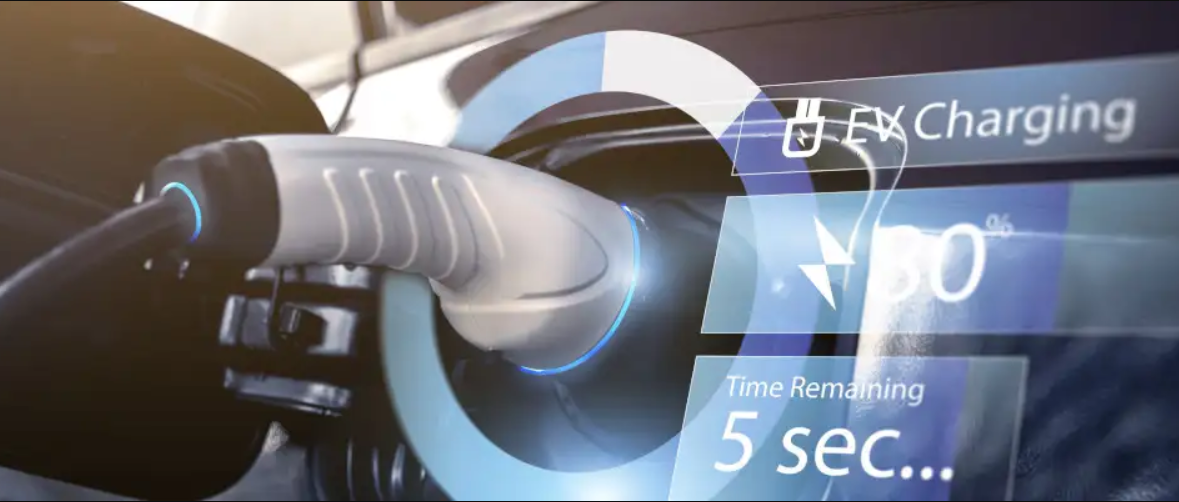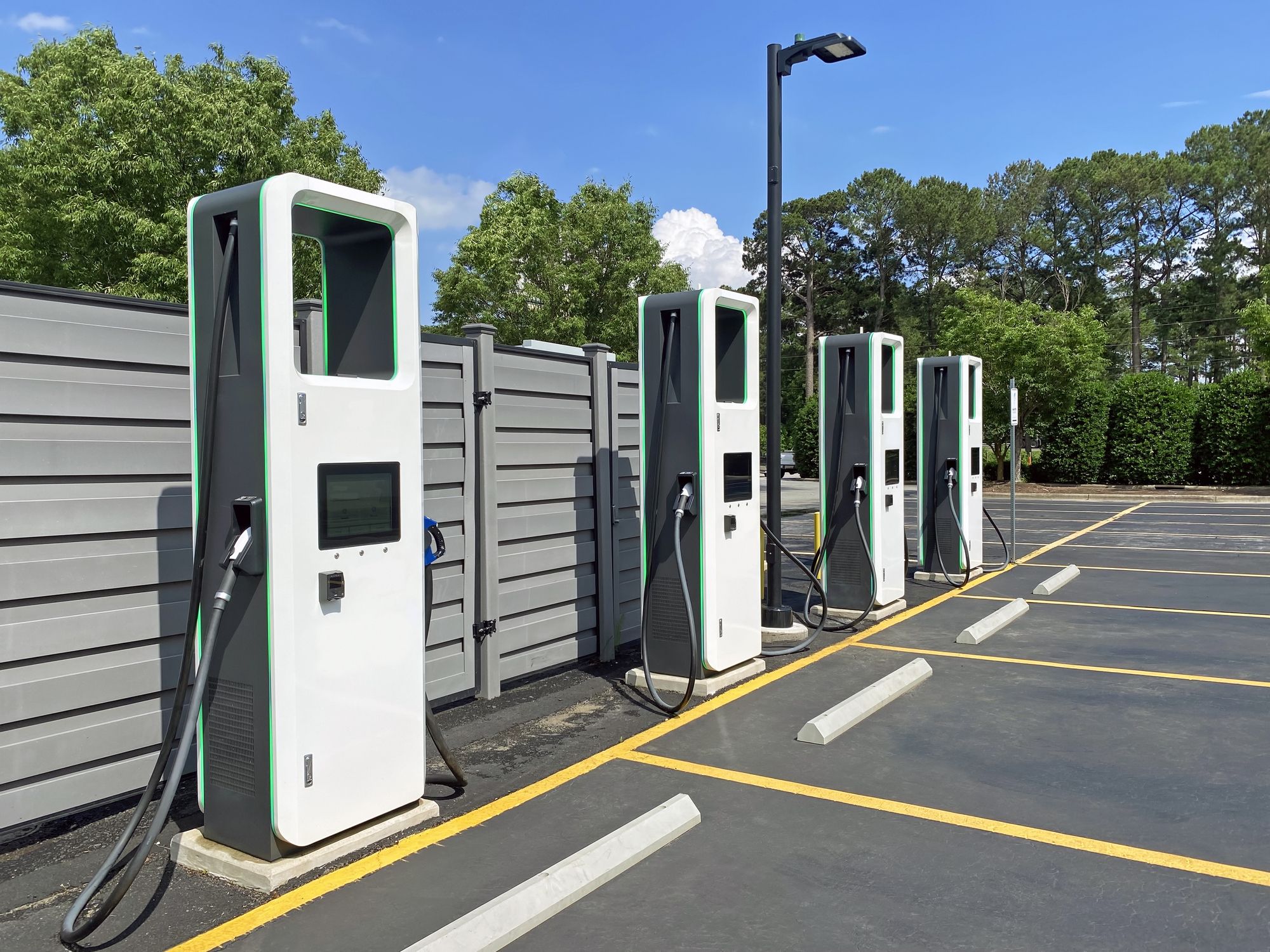Driving an electric vehicle (EV) is now more convenient and straightforward than ever, thanks to home charging
When you switch from a 110-volt wall outlet to a quicker, 240V “Level 2” home charger, which can provide 12 to 60 miles of Range Per Hour of charging, home EV charging gets even better. You may maximize the use of your EV and use it on more short- and long-distance excursions by investing in a faster charger.
The J1772TM connector, which is used by most home chargers, can be used to charge any EV, but Tesla chargers can only be used with Tesla cars. Although compatibility with your car will likely be fine for your home charger, there are many other factors to consider. To help you choose the best charger, let’s look at some of the most crucial things to think about and questions to ask about charging at home.
How quickly do you want to charge?
All Level 2 chargers use 240V. However, a charger’s amperage, or electrical current, determines how quickly batteries will charge. Depending on the range of your EV, how far you travel, and how you drive, you may require a faster charge at home if any of these factors apply to you. For example, if you commute a long distance or drive fast all the time.
A 32-amp Home Charging Station is suitable for many vehicles because most EVs can use roughly 32 amps, adding about 25 miles of range every hour of charging. With a faster 50-amp charger that can add around 37 miles of range in an hour, you might also want to go faster or get ready for your next vehicle.
How much space does your electrical panel have?
As stated, a 240V electrical connection is necessary for all Level 2 chargers. You must pick a charger whose amperage, or current level, is compatible with the electrical capacity accessible in both your home and your car. For instance, a circuit breaker with a minimum 50-amp rating is required if you want to buy a 40-amp Level 2 charger.
Check your electrical panel to find out how many amps your house has for charging. Either open the panel door and look for an unused circuit breaker or consult an electrician. You might need to improve your electrical service if your panel is full or about full.
What location do you want your charger to be in?
Opt for an Ev Home Charger Installation to your electrical panel if you can. A weatherproof charger approved for outdoor usage lets you put it indoors or out based on where you wish to park. Installing your charger next to the garage door can simplify charging several automobiles. However, look for an EV Home Charger that will accept a NEMA 6-50 or 14-50 plug, two popular plug types that electrical contractors can easily install. Using a dryer circuit is typically not safe for chargers.
How significant are both safety and dependability to you?
You can use a charger confidently in your house and with your EV if it has passed testing and certification by a nationally renowned testing laboratory.
A charger’s ENERGY STAR accreditation demonstrates that it consumes less energy when it is not charging, which can assist in cutting down on your electricity costs. A portable charger could sound interesting for vacation, but dealing with cords and plugs lying on the ground when you charge practically every day becomes old quickly and is not very safe, especially if you have young children (human or animal) scurrying around.
Consider purchasing a wall-mounted charging station with a secure hook for the connector and charging cord to hang from when not in use.
Make sure to research the charger’s warranty and support options and the company’s reputation before making a purchase. A 3-year guarantee from a reputable charging firm is a requirement, and 24-hour phone support is helpful when you need a charge but are having trouble figuring something out.
Conclusion
The cost of EV installation is not included in the price of a home charger. If you need to increase the power capacity of your electrical panel, installing a home charger could be pricey. Avoid costly upgrades with a flexible amperage charger. It’s time to look at your options now that you know what to think about when selecting a home charger.

